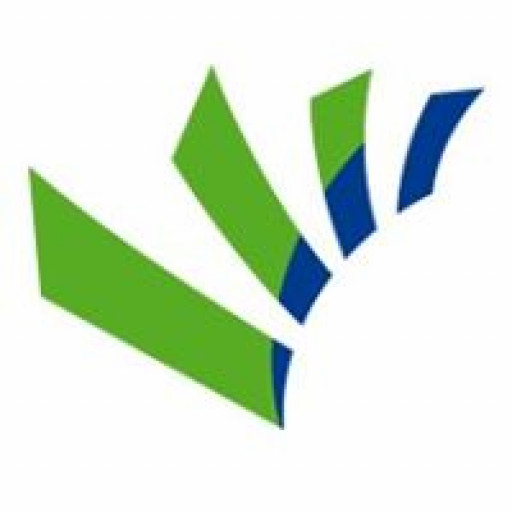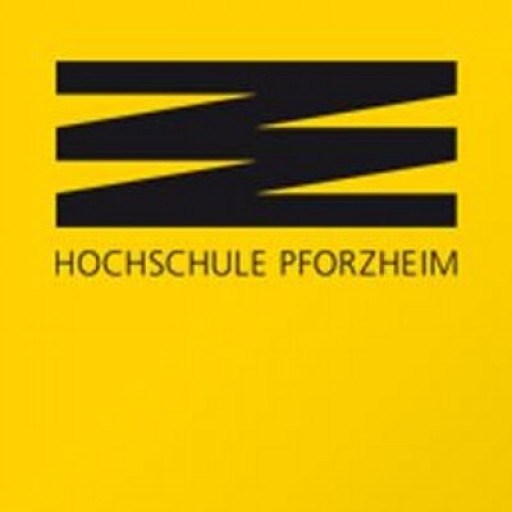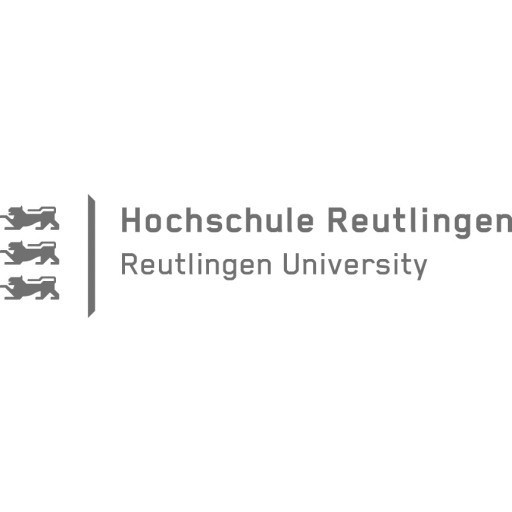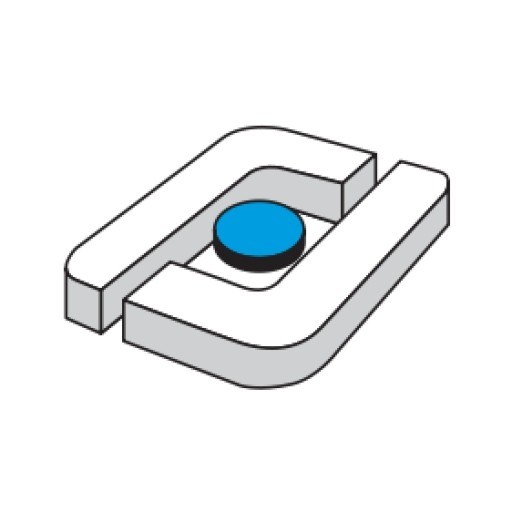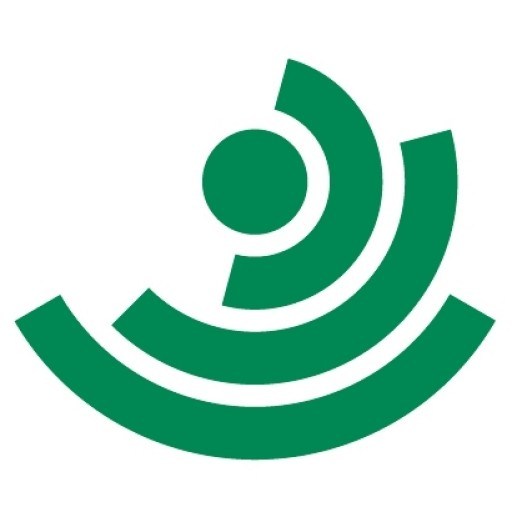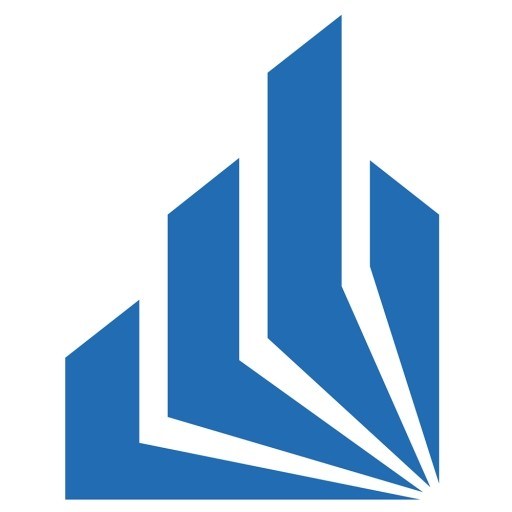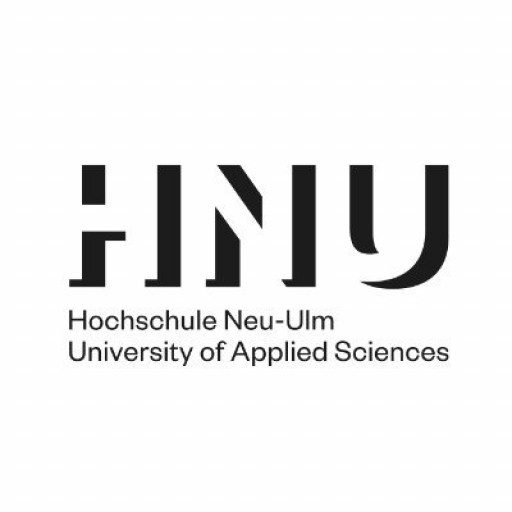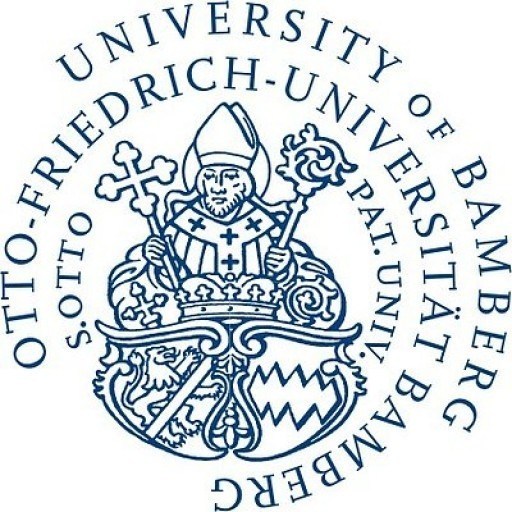The International Master of Science in International Material Flow Management (IMATEM) at Trier University’s Environmental Campus Birkenfeld is a unique and interdisciplinary program designed to equip students with the knowledge and skills necessary to address complex environmental challenges related to resource efficiency, waste management, and sustainable material flows. This program combines principles of environmental engineering, management, economics, and logistics to prepare graduates for leadership roles in the field of sustainable resource management on an international scale.
Throughout the two-year master’s program, students will engage in a comprehensive curriculum that covers core topics such as sustainable development, environmental technology, circular economy strategies, waste reduction, recycling processes, and eco-efficient product design. The program emphasizes practical application through project-based learning, internships, and collaboration with industry partners, ensuring that graduates are well-prepared to implement innovative solutions for sustainable material flow management in various sectors. Furthermore, students will have the opportunity to specialize in areas such as urban waste management, industrial ecology, or renewable resource utilization, tailoring their education to specific career interests.
The program is structured to foster international cooperation and cultural exchange, with courses taught in English and a diverse student body representing multiple countries. This global perspective prepares graduates to work effectively in international organizations, consulting firms, manufacturing industries, and governmental agencies focused on environmental policy and sustainable development. The faculty comprises experienced professors and industry experts who bring practical insights and research expertise into the classroom, supporting a learning environment that encourages critical thinking, problem-solving, and innovation.
Graduates of the IMATEM program will be equipped with the technical knowledge, managerial skills, and international perspective necessary to contribute to the development of sustainable material flow systems worldwide. They will be capable of analyzing complex systems, designing innovative solutions, and implementing policies that promote resource efficiency and environmental protection. With a strong emphasis on practical experience and international networking, the IMATEM program provides an excellent foundation for a successful career in environmental management, consulting, research, or policy-making, contributing to a more sustainable and environmentally conscious future.
The two years Master of Science Degree Programme (IMAT M.Sc.) is lanced in Germany, at the Environmental Campus Birkenfeld (ECB), the first Zero-Emission Campus in Europe und one of the three campuses of the University of Applied Sciences Trier (Hochschule Trier). The first two semesters are devoted to theoretical studies on-site the ECB. During the third semester you will do your internship in a company, research institute or other organization in Germany or abroad. The fourth is reserved for writing your master thesis.
Graduates of the IMAT M.Sc. hold a Master of Science degree of the Hochschule Trier. The M.Sc. degree is fully accredited according to principal legal stipulations of the German University System and fulfills the requirements of the European Higher Education Law and the Bologna Accords.
Below you will find a list of the IMAT M.Sc. modules and courses, each with a short description of the module/ course contents.
Module 1: Global environmental challenges and Zero-Emission policy strategies
Within this module the students learn the systemic interaction of ecosystems in order to envisage that man-made issues such as inefficiencies and waste problems are not foreseen in functioning ecosystems. In contradiction, the current man-made environmental challenges based on our current modes of economies as well as infrastructures in (energy and material) supply and (waste water and waste) sanitation systems are analysed in order to sensibilise the students for the new technology concepts taught in Modules 4, 7 and 8. New MFM management concepts, bio-mimicry strategies and industrial ecology attempts as new holistic supply and demand side management of regional and companies are taught in Module 2, 5 and 6.
Module 2: Regional Material Flow Management
The Module 2: Regional Material Flow Management is (together with Module 5: Industrial Material Flow Management) the central element of the study program interconnecting the various Modules with details in energy, water, waste and resource management.
The students learn to analyse regional systems and develop new, innovative energy and material supply and (waste and water) sanitations concepts combining economic promotion with climate protection. Based on the methodological tool kit of material flow management developed in the last ten years of extensive research by IfaS the students learn the procedural knowhow.
Using real-life case studies (next-practice examples) of IfaS the students gain practical insights in conduction and managing regional change processes and implementation of technology induced optimisation strategies.
This Module is the starting point (right after Module 1) of the study course and provides at the very beginning already an overview on the structure and detail elements of the entire study course. Therefore, the module provides an overview on regional adaptation of political strategies such as 3R society attempts (in Japan) or Industrial Ecology or Circular Economy (in China) as explained in Module 1. Part .The combination of theoretical and methodological as well as practical experiences shall enable the students to develop and proceed with own MFM based research ideas and developed regional MFM or Zero Emission approaches for their native home countries/regions. Despite the managerial aspects of regional MFM the students learn the essential elements of stakeholder management and intercultural communication as an integral part of changing systems and systems behaviour.
The module describes and provides the knowledge to determine the regional added value of regional development strategies, while the micro-economic details (and technical foundations) are explained in the Modules 3, 4 and 7 to 8.
Module 3: MFM Project Management and Financing
The module has a twofold approach. Firstly, the module part „MFM business planning and financing“ will enable the students to calculate and monetary assess the technological change processes as studied in modules 2 and 5 to 6 and prepare business plans for detailed technology projects such as renewable energy or energy efficiency projects of the modules 4 and 7.
Secondly, the module part “Project Planning and Project Management” will enable the students to plan and execute their own research projects (e.g. Master Thesis). The students are encouraged already prior to the start of the study course to think about a potential research project as a two-page essay on this is already part of the application process. This sub course shall help the students to break their visions down in small and manageable, communicable parts and plan the next steps ahead. The methodological skills and tools provided enable the students to structure regional change processes as studied in Module 2: Regional Material Flow Management.
Module 4: Economic Aspects of Sustainable Energy Systems
The module aims to provide the students a detailed insight in renewable energies and energy efficiency strategies, two pre-requisites to develop 100% renewable and sustainable energy supply systems supporting a rational use of energy in regional or industrial systems (closely linked to modules 2, 5 to 6).
The implementation of Zero-Emission strategies and Circular Economy visions outlined and assessed in Module 2: Reginal Material Flow Management and Module 6: Industrial Ecology & Eco-Industrial Parks depends on our availability to define and maximise the renewable energy potentials in regions and geographic districts. Therefore, the course deals in one parts with the technical aspects and status quo of various renewable energy sources and provides all necessary planning tools and knowledge to design RE parks and integrating them in existing energy distribution and transmission grids.
Despite the societies ability (and based on the indigenous RE resources) the sustainability potentials strongly depend on a rational energy usage. Therefore the second part of the module provides insights in latest energy efficiency technologies and strategies for various forms of end energy use (in close cooperation with Cleaner Production parts of module 5).
Module 5: Industrial Material Flow Management
Despite regions (with private and public consumption levels) a second important material and energy consumer is the industry. Within this module the students learn how to develop strategies leading to a reduction of material and energy demand in industry (material and energy efficiency) as well as to increase the economic competitiveness. Practical case studies on the German company management philosophy of Cleaner Production (Product Integrated Environmental Protection) will be used to provide the practical insights to the topic.
In the first part of the module, the students get a basic understanding on how to analyse industrial/company alongside their (horizontal and vertical) value-chains and get an appropriate toolkit to measure and monitor the results based on LCA or ISO norms. In the second part the emphasis is placed on the “green transformation and reporting” process of companies focussing on new sustainability management and reporting processes.
The entire module is strongly interlinked with module 6 “Industrial Ecology” and the modules 4 and 7 to 8.
Module 6: Industrial Ecology & Eco Industrial Parks
The Module 6: Industrial Ecology & Eco Industrial Parks aims to provide a theoretical basis and practical introduction to the interdisciplinary research field Industrial Ecology (Management) and its roots in Ecological Economics, Systems Theory, Natural Science and Ecological Engineering. Industrial Ecology offers a basic understanding of sustainability principles from nature and their adaption to techno-sphere and therefore is strongly linked to Module 1. Students reflect on the application of material and energy flow analysis tools like MFA, SFA and LCA, Carbon Footprint as basic tools for the assessment of products and processes sustainability with linkage to Module 5: Industrial Material Flow Management.
Industrial Ecology Management has a focus on Eco-Industrial Symbiosis, linking enterprises and organizations to connect their resources and waste flows in inter-firm and neighbour networks to exchange resources and information.
While the first part is focusing on industry/company networks, the second part focuses on case studies and regional implementation of sustainability strategies and policies such as Circular Economy (China), 3R society (Japan) and sustainably societies in Europe.
Module 7: Economic Aspects of Sustainable Resource Management
While modules 2, 5 and 6 deal with material and energy efficiency strategies at the point of resource extraction and utilisation, this module focuses on the recovery and re-use of materials (and energy) at the end of the product life times. In accordance with the European waste hierarchy different material recovery and re-use technologies and management strategies are assessed. Students learn to consider that the term waste refers to the wrong material flow at the wrong time at the wrong place. By optimising the management concept and using appropriate technologies, various “waste flows” can be turned again into valuable resources minimising the resource extraction and second pollutions.
Hence, technologies, management, and financing tools for turning waste into resources and added value are explained within the module in order to enable students to change the existing waste management system into resource providing system. In close cooperation with module 6 different recycling networks, in particular for rare earth metals are evaluated. In close cooperation with module 4 the waste-to-energy section for bio waste is explained in detail. A special focus is placed on the sustainable utilisation of biological residues and the production of biogas and fertilizer as well as wooden-based resources for district heating systems-
The module is involving several practitioners explaining the innovative aspects of waste and resource management strategies in Germany, one of the leading countries in the world in this regards. Furthermore, different excursions to innovative technology sites are sharpening the practical relevance of the module.rial- and energy-flow systems.
Module 8: Economic Aspects of Sustainable Water Management
Within this module the students learn the economic aspects of sustainable water management services (freshwater production and distribution as well as waste water treatment) as well as the basic engineering principles of integrated water resource management (IWRM). Furthermore, the module explain the combination or cross-cutting impacts on energy and water management and explores the future global challenges of IWRM with focus on sanitation and sustainable water re-use and nutrient recovery strategies.
The course is strongly linked to modules 2, 5 to 6 providing an economical and basic engineering understanding on water related issues.
Modules 9 and 10: Selectives (I and II)
The modules 9 and 10 are designed to allow the student to deepen their knowledge in various specialized fields supporting the overall context of developing and executing MFM, ZE and CE projects on industrialise and regional levels. The students can choose their electives from various courses offered within the IMAT MSc and the IMAT engineering program as well courses offered in the master programs at the Environmental campus Birkenfeld.
In the previous years the following courses were offered as electives:
- GHG Abatement and Carbon Trading Strategies
- Traveling University
- Scientific Writing and Research Management
- Practical Examples of Factor 10 in Industry
- Stakeholder Management and Networking
- System Change Management
- Renewable Energy Policies within the European Union
- Mobility and Sustainable Energy Politics
- Fuel Cell Technology
- Business Game: Development of Renewable Energy Projects including Technical Dimensioning and Business Plan Design
- Zero Emission Systems for Islands
- Solar Architecture and Solar Energy in Buildings
- Solar Cooling: Technology, Economy and Design Aspects
- Biofuels: Technology, Markets and Trends
- Sustainable Land Use Management and Organic Agriculture
- Climate Change, Land-Use and Soil Management
- “Green Development Perspectives” for the Asia-Pacific Region
- KAIZEN and other Forms of Material and Energy Efficiency in Japan
- “Green Development Perspectives” for the Middle-East Region
- Green Tourism Strategy
- German as a Foreign Language
The modules 9 and 10 are created as courses with a workload of 180h (60h in class and 120h self-study) and will be credited with 6 ECTS. Sometimes it can be reasonable to split the modules into two courses, each with a workload of 90h (30h in class and 60h self-study) and will be credited with 3 ECTS.
As an example the selective “Greenhouse gas abatement and carbon trading” is shown in order to illustrate the interconnection of the selectives with the overall modules of the courses.
Module 11: Internship / Study Semester Abroad
Module 12: Master-Thesis and Oral Defense
Educational Requirements
Bachelor degree or equivalent (180 ECTS Credit Points).
Applicants who do not fulfill this requirement may be accepted in special cases if they have several years of working experience as a researcher or instructor at an academic institution.
Language Proficiency Requirements.
All applicants whose native language is not English must submit one of the following language certificates (The results are valid for two years from the test date. Expired scores will not be accepted):
- TOEFL®: paper-based score of 550 points or equivalent (Computer-based TOEFL 213, Next Generation (internet based) TOEFL 79)
- IELTS (Academic): minimum 6.0
- TOEIC: minimum 750 points
If you do not have a valid official TOEFL Test Score please contact the IMAT management office.
GRE Score: Applicants are encouraged to take the Graduate Record Examination (GRE) test.
Interview: Applicants will be required to undertake an interview, personally or electronically, to confirm their oral English language skills. Accepted applicants who are required to undertake this interview will be contacted separately.
We offer scholarships providing excellent applicants with a 30%, 50%, 65%, 80%, or 100% reduction of the regular tuition fee. Furthermore, there is the option to apply for scholarships covering the living costs.
Scholarships are awarded on the basis of an overall evaluation of documents submitted by the applicants. All certificates proving your professional and personal experiences will be considered as a benefit for your application, enhancing the chances to be granted a comprehensive scholarship.
Scholarships are generally valid for the entire term of enrollment depending on satisfactory academic performance.
Various scholarships offered by outside institutions may also be available for outstanding students after enrollment.
To apply for a scholarship, please fill in the IMAT Scholarship form (see Application Package) and submit it together with your application. IMAT Scholarships correspond to tuition fee reductions. Please read the respective Application Guides for our three IMAT Master Programmes carefully for more detailed information regarding IMAT Scholarships.
The International Material Flow Management (IMatFM) programme at Trier University’s Environmental Campus Birkenfeld is a specialized master's degree designed to educate students on sustainable resource management and circular economy principles. This interdisciplinary programme combines environmental science, economics, and engineering to equip graduates with the skills needed to develop innovative solutions for waste reduction, recycling, and resource-efficient processes across various industries. The curriculum encompasses modules on sustainable material flow analysis, waste management strategies, environmental law, renewable energy integration, and IT-based environmental management systems. Emphasizing practical experience, students participate in projects with industrial partners and engage in internships that provide real-world insights into effective material flow management. The programme aims to prepare graduates for careers in consultancy, governmental agencies, and industrial sectors, focusing on implementing environmentally sustainable practices and advancing the global transition to a circular economy. Courses are taught by experienced faculty members who are researchers and practitioners in the fields of environmental science, logistics, and systems engineering. The programme is conducted in English to facilitate international cooperation and to attract students worldwide. It typically spans four semesters, culminating in a master's thesis based on applied research or a practical project. Graduates of the IMatFM program are equipped with a comprehensive understanding of the challenges and opportunities related to sustainable material and resource management, enabling them to contribute effectively to the development of eco-friendly industrial processes and policies. The program aligns with global sustainability goals and promotes interdisciplinary collaboration, innovation, and environmental responsibility in professional practices.
